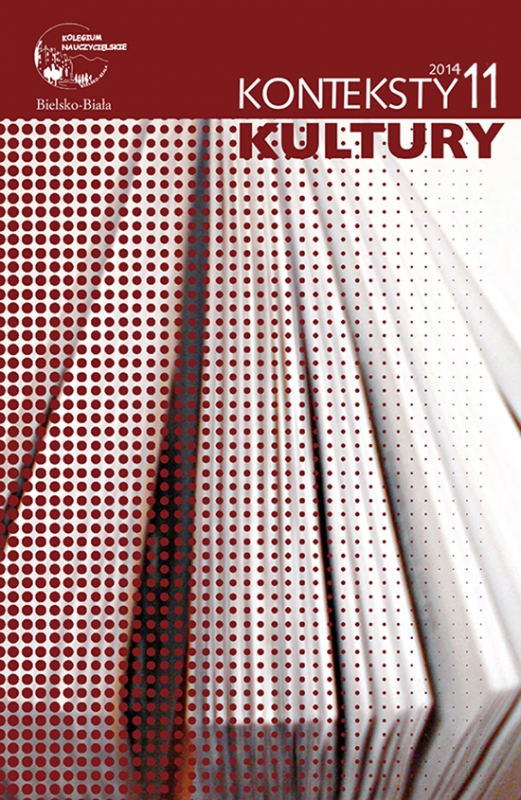Życie wewnętrzne Hansa Grafa von Lehndorff w Dzienniku wschodniopruskim
The inner life of Hans Graf von Lehndorff in the East Prussian Journal
Author(s): Andrzej SulikowskiSubject(s): Language and Literature Studies, Studies of Literature, Polish Literature
Published by: Wydawnictwo Uniwersytetu Jagiellońskiego
Keywords: Prusy Wschodnie i Zachodnie; arystokracja niemiecka; rodzina hrabiów von Lehndorff; praca lekarza w czasie wojny i pokoju; heroizm chirurga; oblężenie twierdzy Królewiec; pisarskie świadectwo apokalip
Summary/Abstract: The article discusses a book by Hans Graf von Lehndorff (1910–1987), famous in the West (especially in the German-speaking world), Ostpreußisches Tagebuch. Aufzeichnungen eines Arztes aus den Jahren 1945–1947. In the People’s Republic of Poland, this book was most strictly prohibited by the communist censorship due to its depictions of atrocities of Red Army soldiers to civilian population, especially to women raped by the Soviets on a mass scale. Lehndorff was born into the Prussian aristocracy whose links with East Prussia went back approx. 600 years. Brought up in the chivalrous spirit since his youth, he secretly opposed Hitler’s rule and was involved to some extent in the assassination attempt of 1944. An opponent of National Socialism since its beginning, he became – like almost all inhabitants of East Prussia – a victim of Hitler’s political folly. The analysis emphasizes the multidimensional character of inner life. Lehndorff appears in the text primarily as a surgeon providing help to suffering people – regardless of any political, racial or territorial divisions. In his practice, he acts with the greatest dedication attainable by a human, particularly during the Soviet siege of the Königsberg fortress (January–December 1945). He rejects violence, even in defense of himself or his close ones. Many times, he miraculously escapes sudden death, also surviving many arrests, detention in a concentration camp, an escape on foot from Königsberg to his native Ermland, and fi nally, departure from Poland to Germany. Lehndorff developed his inner life consciously, joining in his youth – as a worshipper of Reformed Christianity – the Confessing Church (Bekennende Kirche) which opposed National Socialism in Nazi Germany. The surgeon’s constant practice was everyday prayer, reading of the Bible, meditation. In his evangelical radicalism, he even resorted to conducting service to worshippers (due to a lack of pastors) both in Königsberg and after the war, in Ermland, where he was hiding at his friends’ or relatives’ houses. He used to be arrested by the NKVD and the Polish UB (Office of Security) for “religious propaganda”. Since he treated his persecutors (Russians, Poles) as well, in critical moments he would escape death. For a reader in our century, he is a model of a heroic Christian striving for reconciliation of nations and forgiveness of guilt. Lehndorff’s atonement is service to suffering people, uniting people of goodwill and constituting an evangelical sign of Christ’s presence.
Journal: Konteksty Kultury
- Issue Year: 11/2014
- Issue No: 3
- Page Range: 232-255
- Page Count: 24
- Language: Polish

